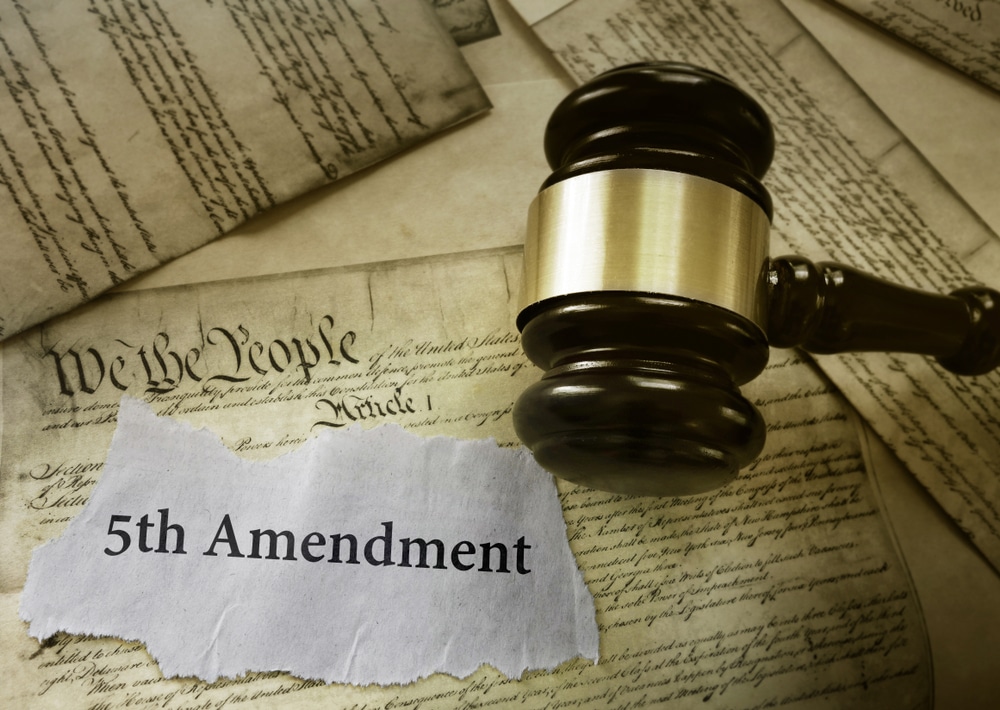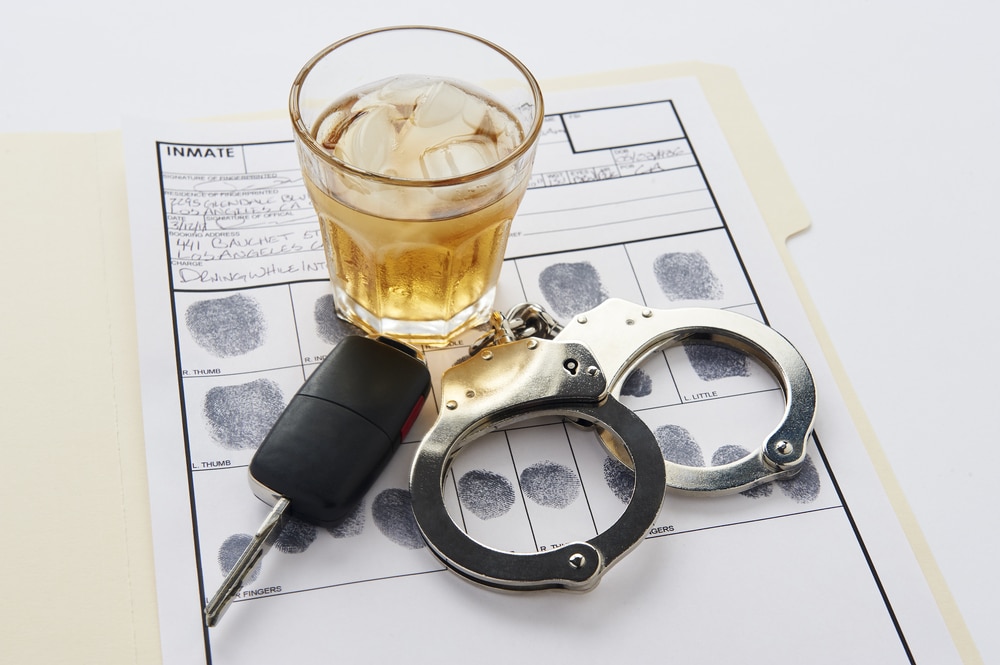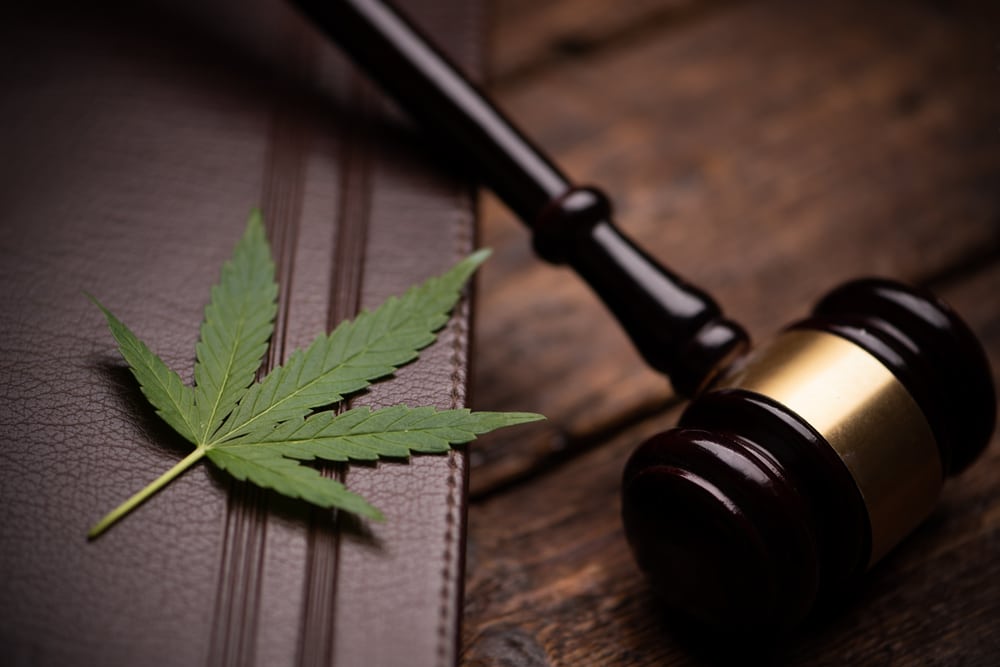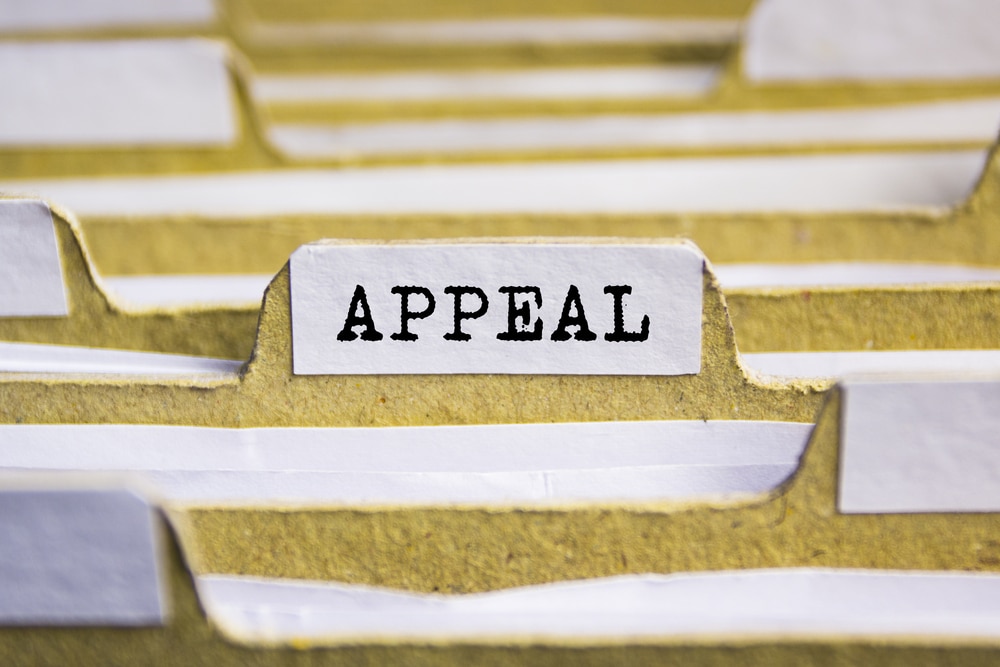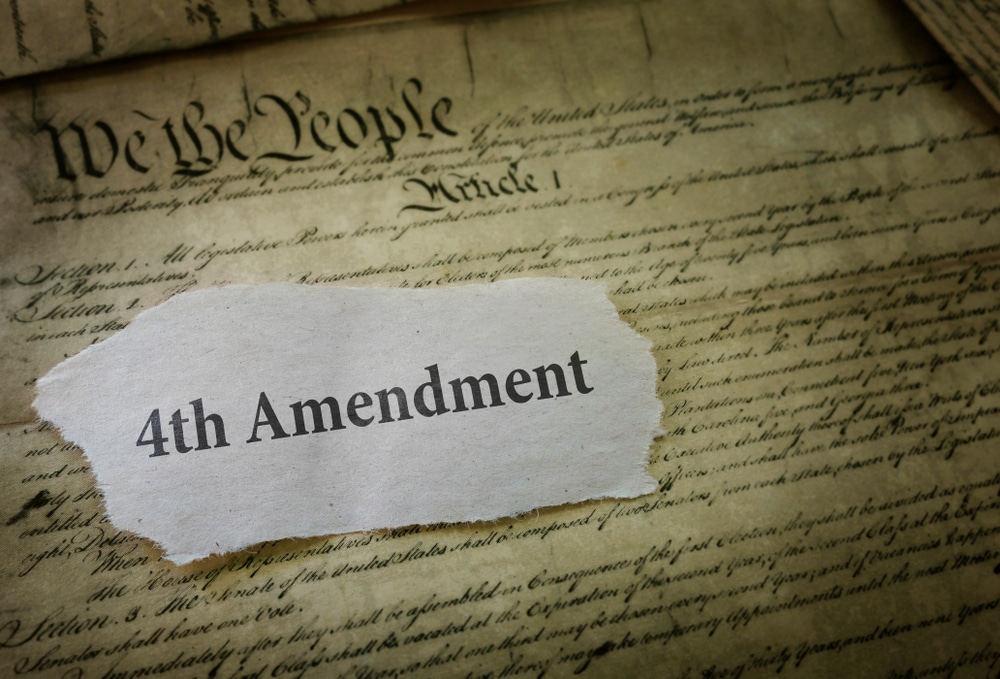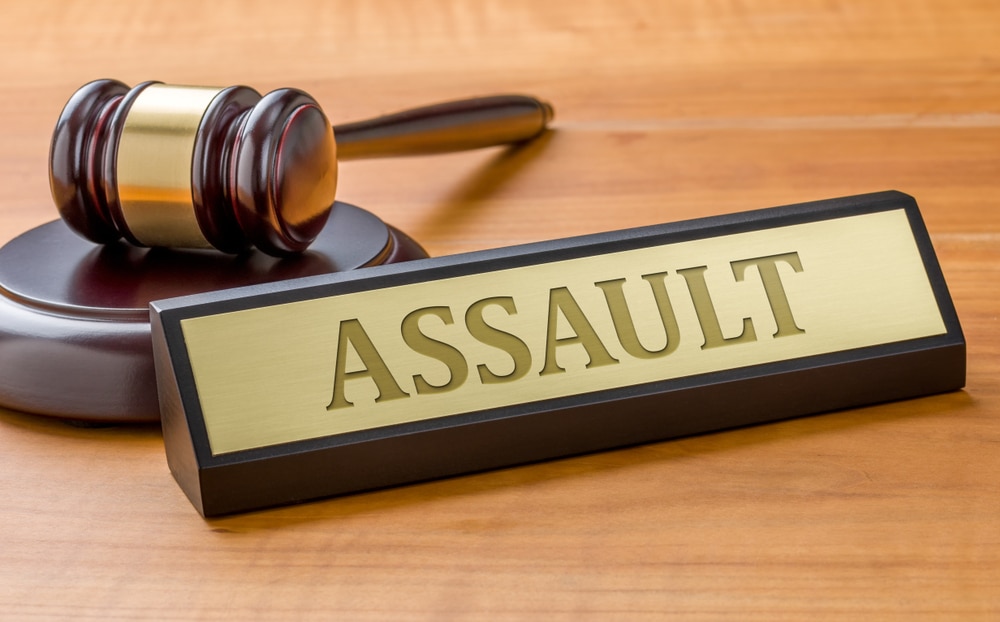Under the United States Constitution, an individual who has been accused of a crime is protected from self-incrimination. Commonly referred to as “the right to remain silent,” the Fifth Amendment guarantees that a person cannot be compelled by the government to provide information that might suggest their involvement in a criminal act. However, it’s important to understand when you can invoke the Fifth Amendment — and what it means to do so.
When Can the Fifth Amendment Be Invoked?
Whether you are innocent or guilty, the Fifth Amendment allows you to refuse to testify against yourself at trial. In fact, a jury in a criminal matter must be instructed that they are not permitted to draw adverse conclusions if you choose not to testify in your case. This right also applies outside a criminal courtroom and can be invoked in certain situations involving interactions with law enforcement.
The Fifth Amendment applies at any time you might make a statement that could be used to incriminate you. For instance, it can come into play at traffic stops, during police interrogations, at grand jury proceedings, and at the time of an arrest. Specifically, you can only “plead the Fifth” in response to a compelled communication — the communication must also be testimonial in nature and relate to express or implied assertions. In addition, the testimony must be self-incriminating and provide information that would be needed to prosecute you for a crime.
There is no specific language that must be used to invoke the Fifth Amendment. Nevertheless, this right must be raised in a timely manner so that it is not inadvertently waived. The right must also be asserted in response to every question that is posed. A blanket statement is not considered sufficient and would be ineffective.
What Other Protections Does the Fifth Amendment Offer?
The Fifth Amendment of the U.S. Constitution created several different rights for individuals in connection with limiting government power. In addition to safeguarding a person from self-incrimination, the Fifth Amendment also offers a number of other protections to individuals, including the following rights:
- The right to a jury trial — The Constitution guarantees the right to a jury trial to individuals who have been charged with a capital “or otherwise infamous crime.” In other words, a person charged with a felony offense in New York must be indicted by a grand jury.
- Protection against double jeopardy — The Fifth Amendment protects individuals from being put in “double jeopardy.” This means they cannot be punished more than once for the same crime.
- The right to a fair trial — Criminal defendants are given the right to a fair trial under the Fifth Amendment. A fair trial is one that is conducted justly, by an impartial judge.
- Due process — Under the Fifth Amendment, no one shall be “deprived of life, liberty or property without due process of law.” In other words, a person cannot be denied their freedom without having their day in court.
If you believe that any of your Fifth Amendment rights may have been violated, it’s essential to consult with a criminal defense attorney who possesses the skill and knowledge necessary to protect them.
Contact an Experienced New York Criminal Defense Attorney
If you’ve been charged with a criminal offense, it’s best to have a knowledgeable criminal defense attorney by your side who can protect your Constitutional rights. Offering adept advocacy and relentless representation, the criminal defense attorneys at D’Emilia Law know what it takes to create a strong defense strategy to achieve the best possible results in your case. To schedule a consultation to learn how we can help, contact us at 1-888-DEMILIA.

